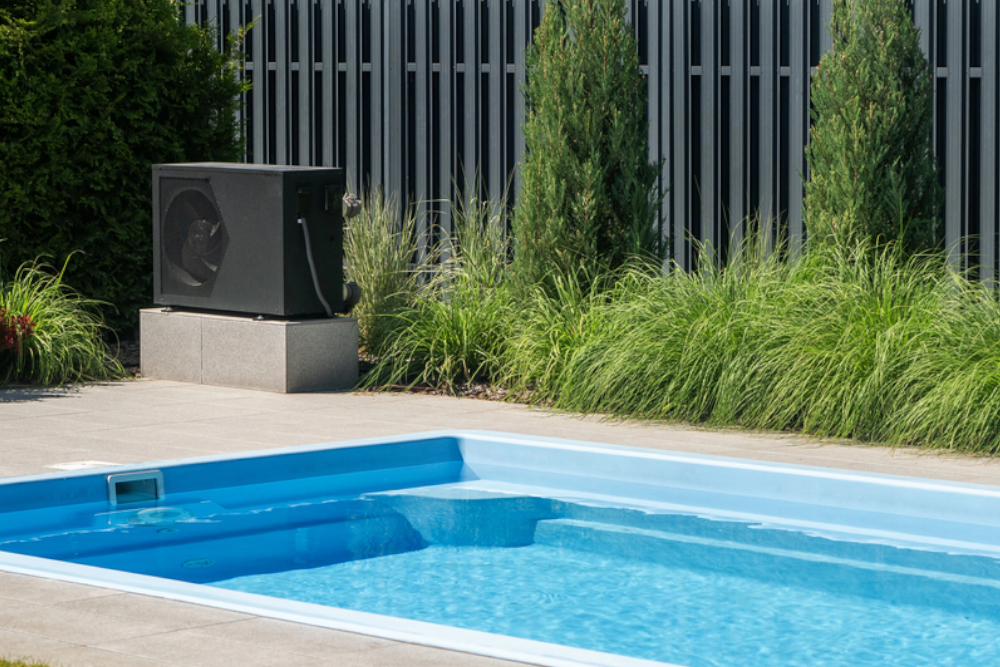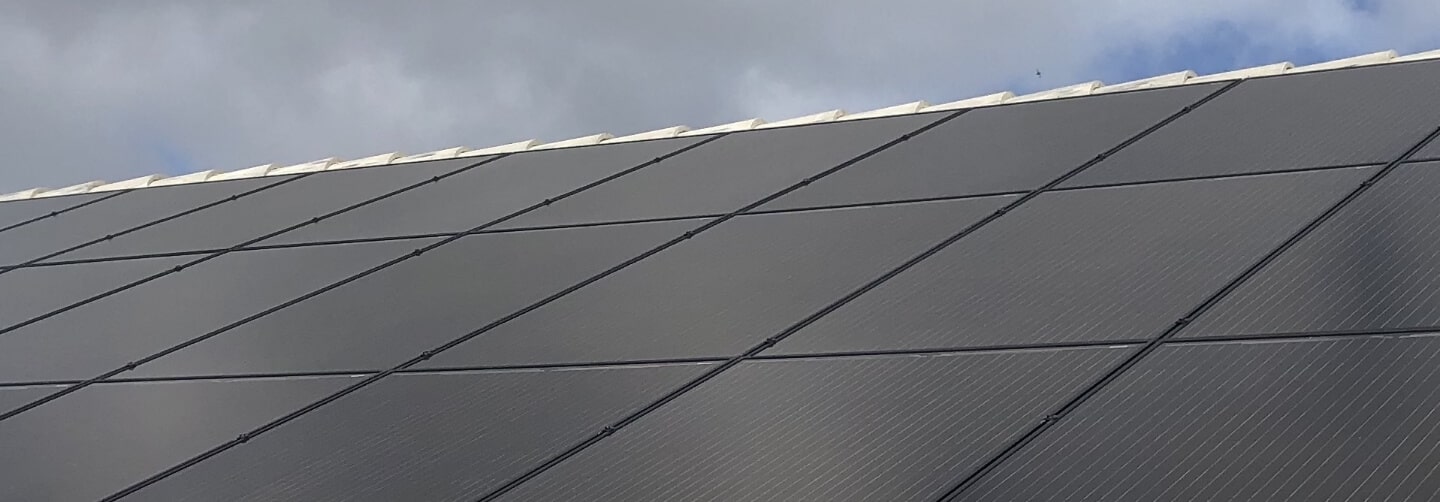4 Best Pool Heating Options For Homeowners

Swimming season lasts much longer when homeowners explore effective pool heating options that suit their property and lifestyle. People want to make the most of their backyard space, so choosing the right heating system becomes an essential step for comfort and year-round enjoyment.
Each system varies in efficiency, cost, and heating speed, which makes it important to understand how each one fits different climates and budgets. The right choice allows consistent water warmth and extends swimming pleasure through every season.
An Overview of Modern Pool Heating Options for You
- Electric Heat Pump Pool Heaters
Heat pumps work by extracting warmth from the surrounding air and transferring it directly into the circulating pool water. These systems perform best in moderate climates where outdoor temperatures stay above fifty degrees Fahrenheit.
Many homeowners prefer heat pumps because of their low monthly energy costs compared to gas models that rely on constant fuel consumption.
- Gas Pool Heaters
Gas systems burn natural gas or propane to generate quick heat as water passes through their combustion chamber. This rapid heating ability makes them ideal for people who need fast temperature increases, such as for weekend use or unexpected cold weather. Despite higher operating expenses, many appreciate their reliability and steady performance in any climate.
- Solar Pool Heaters
Solar heating systems capture the sun’s energy through roof-mounted panels that warm pool water before returning it to the pool. These units stand out as the most environmentally responsible pool heating options since they produce no emissions and require minimal ongoing costs.
Solar systems perform best in sunny regions, though their heating rate depends on consistent sunlight throughout the day.
- Hybrid Systems
Hybrid units merge solar thermal panels with electric heat pumps to achieve exceptional efficiency in all weather conditions. The system automatically switches between solar and electric power. This helps optimize performance and reduce yearly energy consumption.
Many find this dual setup the most balanced among pool heating options, as it maintains comfort while supporting sustainable living.
How Your Local Climate Impacts Your Heating Choice
Climate plays a central role in how effectively each system performs. In colder regions, gas heaters remain a reliable choice because they deliver consistent warmth regardless of outdoor temperature. Sunny locations often benefit from solar heating’s cost-effectiveness, while mild climates tend to favor the steady efficiency of electric heat pumps.
Determining the Right Heater Size for Your Pool
Choosing the proper heater size ensures that water reaches and maintains the desired temperature efficiently. Homeowners evaluate factors such as pool surface area, target temperature increase, and regional climate to determine the right output in British Thermal Units (BTUs). A correctly sized unit prevents long run times and keeps energy costs manageable.
Installation Requirements for Different Pool Heater Types
- Gas Heater
Gas heaters require a permanent fuel line connection, typically involving natural gas or a propane tank, and proper venting to safely release combustion byproducts outside.
People should hire licensed professionals to establish the necessary plumbing and secure electrical connections for dependable and safe operation. Locating the heater near the pool equipment pad minimizes installation costs and simplifies subsequent maintenance tasks for the owner.
- Heat Pump
Electric heat pumps need a dedicated high-voltage electrical circuit and a solid concrete pad or base for stable outdoor placement. Adequate clearance must surround the pump to maintain proper airflow over the heat exchange coil.
Limited airflow reduces efficiency, so open space around the unit is important. The installer connects the pump directly to the existing pool filtration system to allow smooth integration and reliable daily use.
- Solar Heater
Solar panel systems need clear roof space that receives full sunlight throughout the day for the best heat collection. Homeowners should consult a structural engineer to confirm the roof can handle the additional weight of filled solar panels before installation begins. A plumber installs the diverter valve and piping that move water to the panels and return it to the pool after heating.
- Hybrid System
Hybrid systems require space for both the heat pump and multiple solar collector panels. Installation needs careful planning to coordinate plumbing, wiring, and, if required, gas connections. Position the heat pump near the main pool equipment for easier access. Place the solar collectors on a roof section that receives the most sunlight to maximize performance.
The Lifespan and Durability of Your Pool Heater
The lifespan of a pool heating system depends on its technology, materials, and how well it is maintained. Solar heaters usually last more than twenty years because they have few moving parts that wear out. Gas and electric heat pump systems often last seven to fifteen years before replacement becomes necessary due to internal wear or component damage.
Essential Maintenance for Optimal Heater Performance
- Gas Heater
Owners should inspect the burner trays and heat exchanger often to remove soot buildup that reduces combustion efficiency and heat transfer. Technicians test gas pressure and clean the ignition system each year to keep the unit starting smoothly during every cycle.
The exterior unit must stay clear of dirt and leaves, and the venting should remain open to prevent dangerous carbon monoxide from accumulating indoors.
- Heat Pump
Homeowners clean the outdoor evaporator coil regularly to remove dust, leaves, and debris so air can circulate freely for efficient heat absorption. The area around the unit must remain open, with no plants or stored objects blocking airflow. A yearly professional inspection checks refrigerant levels and confirms that all electrical components are operating safely and effectively.
- Solar Heater
Owners inspect solar panels and connected piping often to spot leaks, cracks, or damage that may reduce pressure or restrict water flow. Clearing debris from the collectors helps maintain sunlight absorption and consistent heating performance.
The diverter valve, whether automatic or manual, should be tested to confirm smooth water flow between the roof-mounted panels and the pool system.
Choose Solar Energy Solutions of America for Your Pool Heating
Contact us today for a complimentary consultation to see how we can enhance your home and pool with solar technology. Solar Energy Solutions of America designs and installs high-quality residential photovoltaic systems, solar pool heating, and attic fans, delivering practical and sustainable solutions for every homeowner.
We also provide reliable electric pool heaters for those seeking an efficient, non-solar alternative, along with a full range of pool equipment sales, maintenance, and service. Our team handles every step in-house, from initial sale to complete installation. We create a fully customizable and dependable solution for residential pool heating.
Choose Solar Energy Solutions of America for veteran-owned expertise and outstanding support for all your energy needs.
